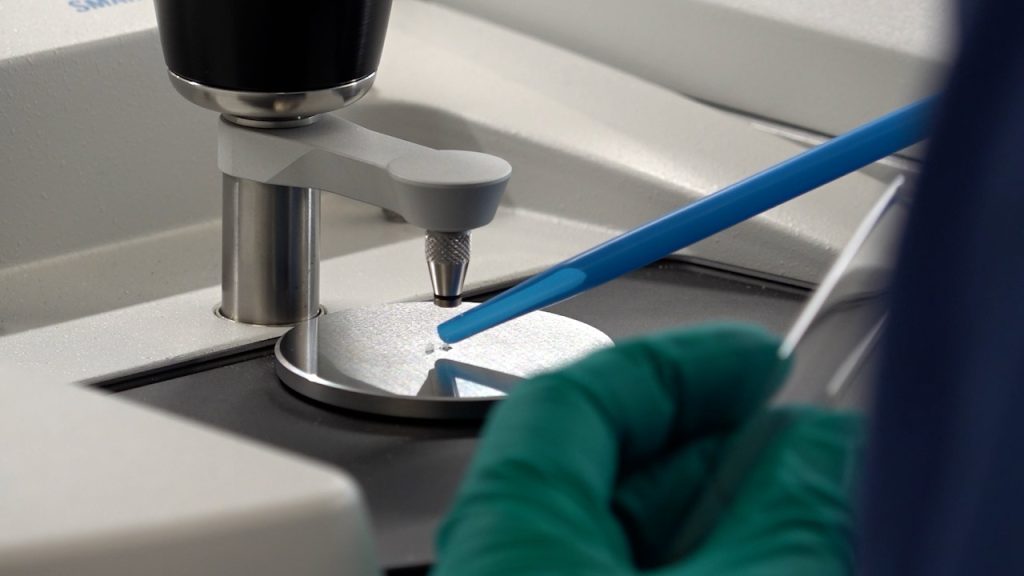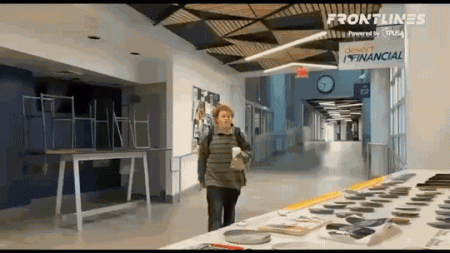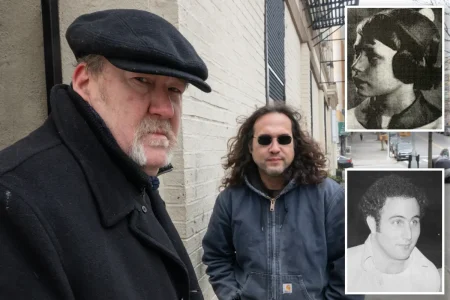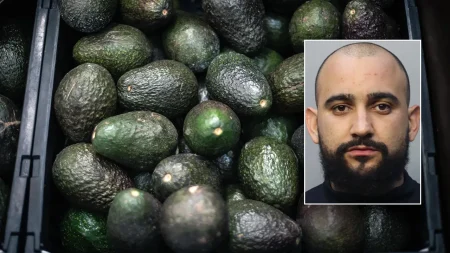DEA’s New Atlanta Lab Strengthens Fight Against Mexico’s CJNG Cartel
The Drug Enforcement Administration in Atlanta has recently bolstered its arsenal against one of Mexico’s most dangerous criminal organizations. In May, the DEA Atlanta Field Division inaugurated a specialized laboratory dedicated to processing all federal drug seizures in Georgia. This facility represents a significant advancement in the agency’s ongoing battle against the Cartel Jalisco New Generation (CJNG), a notoriously violent Mexican cartel that has been expanding its influence across the United States. According to leading DEA officials in Atlanta, the lab has already dramatically improved operational efficiency by allowing agents to test seized substances within minutes—a process that previously required flying in chemists from other cities and could take days to complete. This immediate testing capability provides crucial support for time-sensitive operations and helps prosecutors build stronger cases against suspected cartel members.
The scientific precision offered by the new laboratory plays a vital role in the legal process against drug traffickers. Chad Chumbley, DEA Supervisory Forensic Chemist, explained that when agents seize suspected narcotics, the substances must undergo rigorous testing to determine their exact chemical composition and quantity—factors that directly influence the charges prosecutors can bring against suspects. “We will take a statistical sampling to give a general proportion of the population that will contain the substance,” Chumbley noted. This scientific evidence forms the backbone of federal drug cases, where charges and potential sentences hinge on the specific type and quantity of illegal substances involved. The in-house laboratory eliminates delays in this critical phase of investigation, allowing the justice system to process cases more efficiently while maintaining scientific integrity.
A recent major operation highlighting the new lab’s impact occurred in September, when DEA agents in Atlanta seized over 1,000 pounds of methamphetamine in a coordinated strike against CJNG operations. The raid led to the arrest of five individuals identified as Mexican nationals with direct connections to the cartel, who were allegedly distributing methamphetamine packaged in ordinary black trash bags—a deliberate attempt to blend into suburban environments. Robert Murphy, Special Agent in Charge of the DEA Atlanta Field Division, revealed a particularly disturbing aspect of the operation: “Over 700 pounds of this was in an apartment with two kids under ten years old in there. They do that by design. Cartels want to blend in.” This tactic of embedding drug distribution centers in family settings with children present demonstrates the cartel’s ruthless strategy to avoid detection while endangering innocent lives. Murphy estimated the street value of the seized methamphetamine at approximately $4 million.
The DEA’s intensified focus on CJNG comes as the cartel has been rapidly gaining power following significant blows to its main rival, the Sinaloa Cartel. In 2023, Mexican authorities arrested Ovidio Guzmán López, son of notorious kingpin El Chapo. The following year, U.S. officials captured Ismael “El Mayo” Zambada and another of El Chapo’s sons, Joaquín Guzmán Lopez, in El Paso, Texas. These high-profile arrests created a power vacuum that CJNG has eagerly filled. Murphy offered insight into the strategic importance of these developments: “All the war and fighting going on in Mexico—it’s about one thing. Whoever controls the gateway, the access points to the U.S., wins the war in the end.” This territorial control directly translates to billions in drug profits flowing from American communities back to cartel coffers. The DEA’s campaign against CJNG aims to prevent the organization from consolidating these crucial smuggling routes and distribution networks across the United States.
The Atlanta operation represents just one component of a coordinated nationwide effort to dismantle CJNG’s operations throughout the country. The week of the Atlanta lab announcement, DEA agents intercepted more than 175 pounds of cocaine linked to the cartel at the southern border. The following day, agents in Houston seized an additional 28 pounds of cocaine along with $470,000 in cash from suspected CJNG operatives. Brian Leordo, DEA Houston Field Division Deputy Special Agent in Charge, emphasized the comprehensive nature of their strategy: “Every little bit counts. Every seizure counts. We’re targeting the entire network from facilitators, producers, transporters, money launderers—anybody that we come across that’s related to CJNG, we are pursuing.” This holistic approach aims to weaken the cartel’s operations at multiple levels simultaneously, from production facilities in Mexico to street-level distribution in American cities.
The DEA’s enhanced capabilities in Atlanta highlight the evolving nature of the battle against transnational criminal organizations that have developed sophisticated methods to transport and distribute illegal drugs throughout the United States. While the new laboratory represents a significant advancement in detection and prosecution efforts, Murphy emphasized that the fundamental motivation behind cartel operations remains unchanged: “Their drug of choice is money. They care nothing about the poison, the people, the lives they’re destroying or the misery they’re dealing in. That doesn’t bother them one bit.” This stark assessment underscores the challenge facing law enforcement as they confront organizations driven purely by profit and willing to employ extreme violence to protect their business interests. The Atlanta lab stands as a testament to the DEA’s commitment to employing cutting-edge technology and scientific expertise in the ongoing effort to disrupt the flow of illegal narcotics into American communities and diminish the influence of organizations like CJNG that profit from addiction and suffering.









